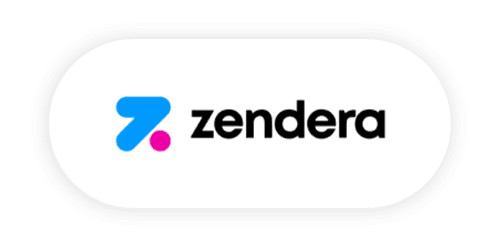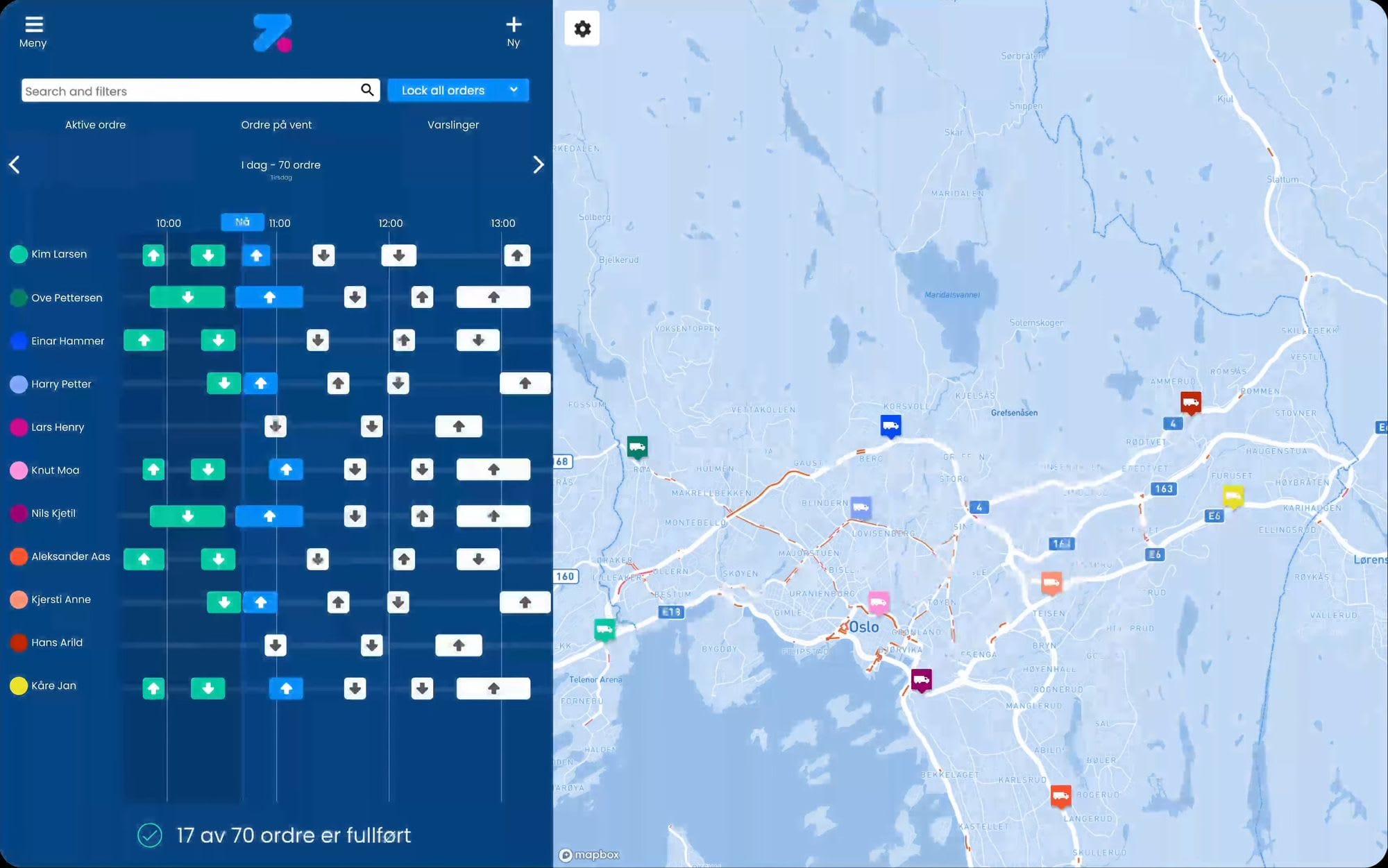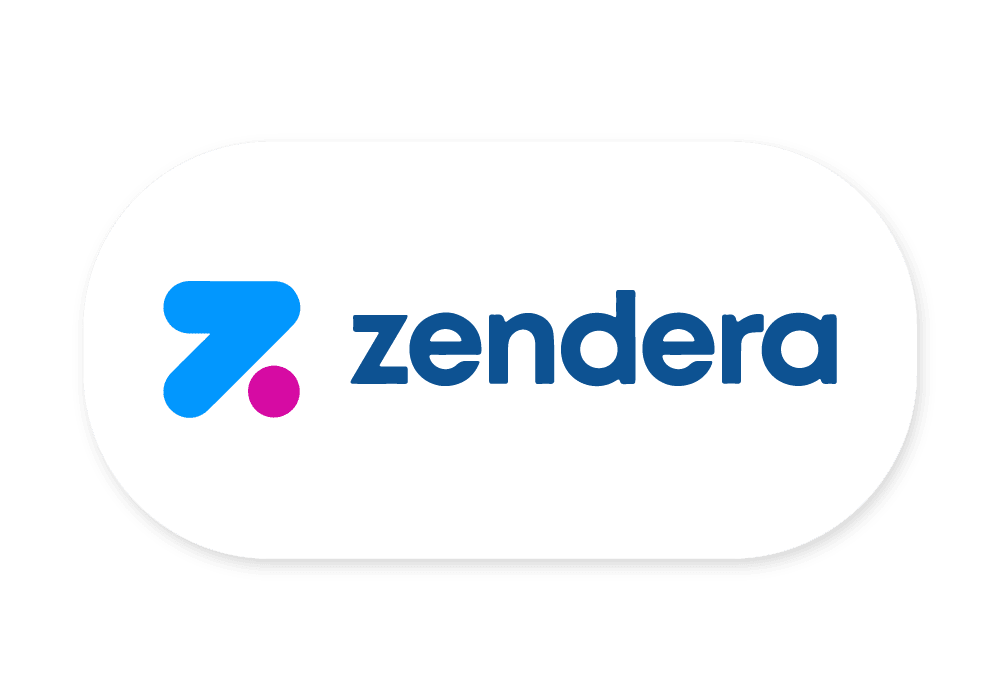
Industry
Logistics
Headquarters
Oslo, Norway
Company Size
1-10
About Zendera
Established in 2017, the Oslo based company, Zendera, offers a Software as a Service (SaaS) platform for the logistics and goods transportation industry. Primarily working with small and medium-sized businesses, the core of Zendera's mission lies in helping their clients maximize resource utilization and streamline operations, resulting in increased efficiency and profitability.
The benefit of this approach extends beyond individual companies; by optimizing these operations, the burden on transportation infrastructure is lessened, resulting in fewer vehicles on the roads and thus, reduced traffic congestion and lower carbon emissions. This is of vital importance in an era where environmental awareness is at an all-time high and industries across the board are seeking ways to minimize their carbon footprints.
Acting as a “digital dispatcher”, Zendera provides a new kind of product that combines a transport management system, route optimization, driver apps, tracking and tracing, and a general overview of logistics operations, to cater for the needs of everyone involved in the process. As opposed to other TMS (transport management systems) and LMD (last-mile-delivery) SaaS solutions, Zendera’s digital dispatcher is completely autonomous, eliminating the need to click any buttons for optimization. This autonomy empowers companies to be responsive in their daily operations, enabling them to make decisions without delay for immediate results.

The challenge
The main problem Zendera encountered was the need to integrate with their customers' systems. Most of their client base comprises retailers, distributors, food and beverage companies, and logistics companies. These systems have built-in support for SFTP/FTPS, making it possible to set up a data transfer pipeline with relative ease. Zendera, instead of setting up their own SFTP server, wanted to use a pre-built solution, allowing them to focus on developing their product exclusively, without the hassle of maintenance and administration.
The challenge Zendera’s team were facing was finding a solution that wouldn't require them to divert valuable development time from delivering value to their customers. Building and maintaining their own SFTP solution just wasn't an efficient use of their resources.
The solution
Zendera's team initially attempted to establish FTP management systems using Google Cloud. However, they soon realized that the sheer amount of work and time involved in ensuring efficient operation was overwhelming. This led them to understand that employing an out of the box solution would be more cost-effective. Consequently, they began the search for the right service. As an avid GO language enthusiast, Zendera’s former technical lead, Jarle Fosen, googled 'SFTP client for Golang'. He discovered a blog post detailing how to connect to SFTP in Go. It was here that they discovered SFTP To Go, a convenient solution that simply required them to click a button, create a new account and they were all set.
“Without SFTP To Go we would have to run our own SFTP stack, and we prefer to use our development time on higher-level problems when it's possible, closer to directly delivering value for our customers”. Vlad-Sebastian velici, Tech Lead
How they use SFTP To Go
The way Zendera uses SFTP To Go varies depending on the client. Some customers, based on specific events, transfer numerous files every hour, while others send a few files approximately twice a day. Most of these files are in the form of Electronic Data Interchange (EDI) documents. EDI is a widely adopted format in the transportation and logistics industry used to send, receive, and process data such as shipping notices, invoices, inventory documents, and transportation schedules. Upon receiving an order, some customers send a live message, with the bulk of the data coming in the morning as they begin to package the orders. At this time, they scan everything and updates are sent to Zendera's system.
One quote says it all
“Do not build everything yourself. Build your product, not your dependencies. Even carpenters buy furniture”. Jarle Fosen, former Tech Lead.
Explore SFTP automation.

